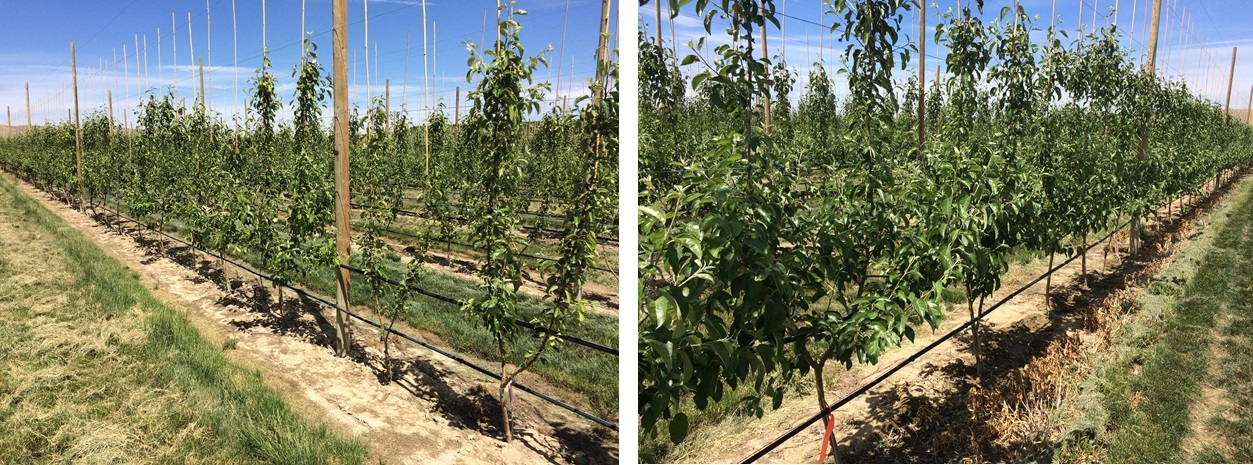Georgia on My Mind: Notes from Around the U.S.
Down South, a wet season proved challenging. In the last two weeks of May alone, parts of Georgia saw 21 inches of rain, and the weeds were happy.
Stanley Culpepper, Professor and Extension Agronomist with The University of Georgia, tells CropLife: “It’s hard enough to be timely when things go well, but if it keeps you out of the field – which is not always a bad thing because we need the rain – but you have a hard time keeping the program’s approach with timely applications on target. That’s really been the greatest challenge in regards to weed management for 2018, without a doubt.”
Culpepper saw a dozen crews hand-weeding Palmer amaranth on one day in mid-July, in both auxin and non-auxin system fields.
“The new auxin systems – whether it’s dicamba or 2,4-D – are performing quite well weed management-wise under the conditions we’ve been under. Our standard Liberty-based program is also performing quite well now, and Liberty is a finicky herbicide that likes things hot and sunny … The problem is the weeds have gotten a little larger than they need to be because of the curveball Mother Nature threw at us.”
Culpepper says growers have made great progress since 2014 or 2015, when Georgia was forced to spend $15 million to $20 million a year hand-weeding Palmer. He credits better understanding of plant biology and better grower decisions in refining their weed management programs, notably with aspects like starting clean, using residuals, and getting the interval right between herbicide applications.
“It’s 10 or 15 things you have to do just to control Palmer amaranth, much less produce a crop and make money.”
He points out that the cotton industry has spent $1 billion on battling resistant Palmer amaranth since its discovery in a cotton field in Macon County, Georgia in 2003 — a world-first event, which he witnessed first-hand.
This history, along with the state’s immense crop diversity, have no doubt given Georgia an edge on weed control. Recall its stand-out success in 2017 in handling the brand-new dicamba-resistant technologies, while other states struggled.
“Our growers are monumentally effective at prescription weed management, but you have to stay on a program and overlap residuals – but most important is you need to be timely with those applications, and every grower in our state knows that.”






